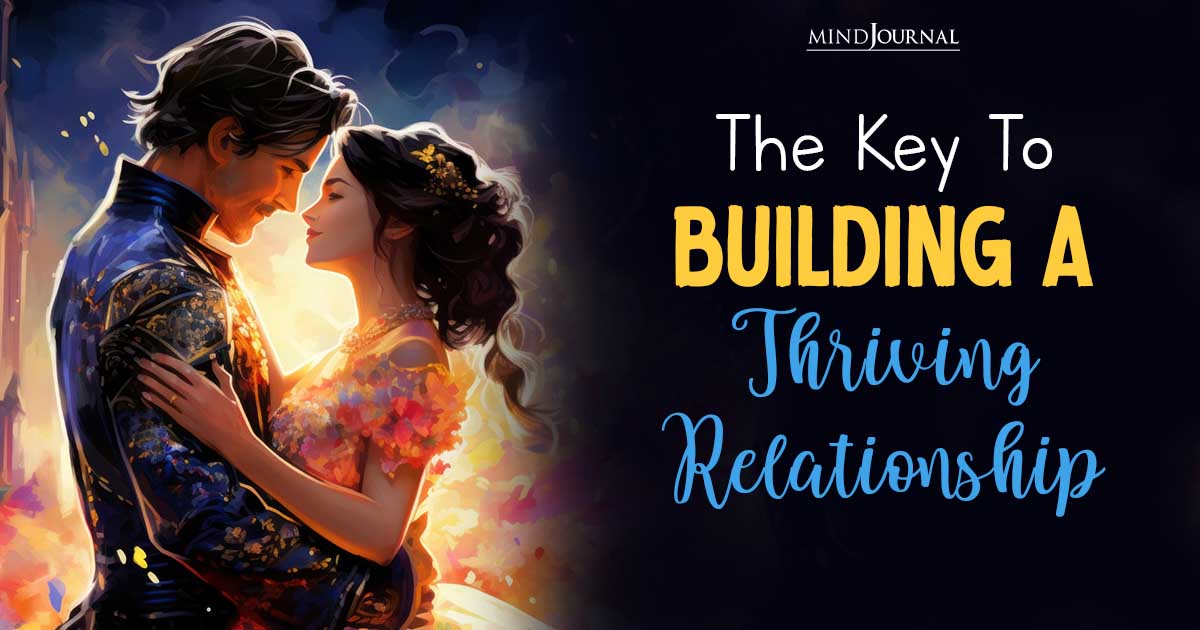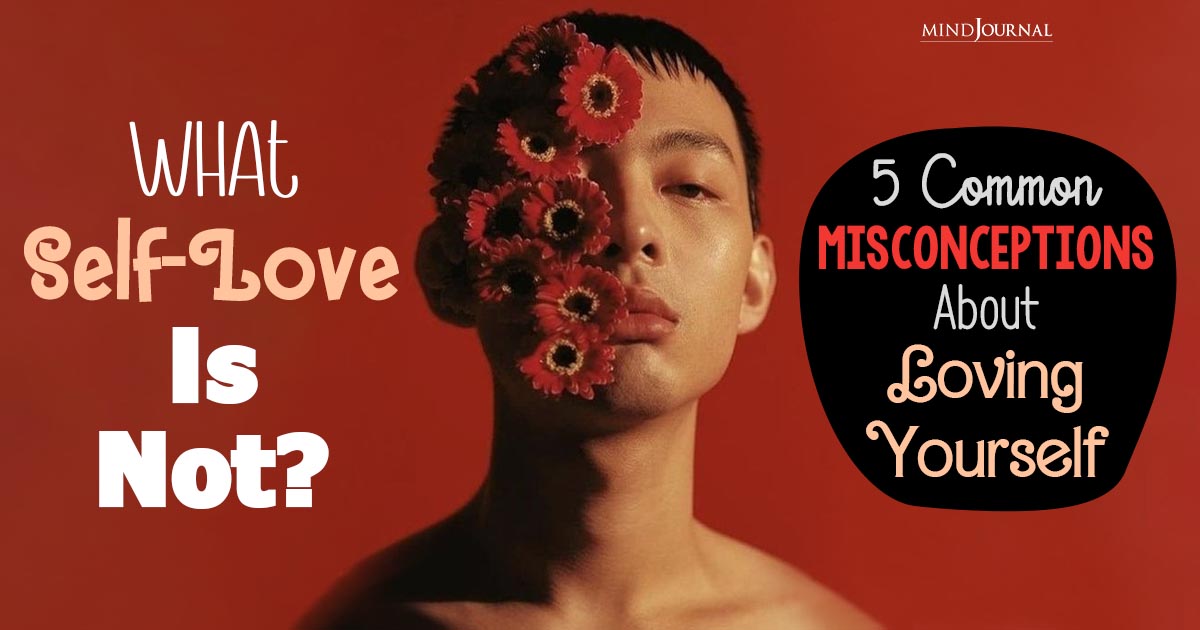Ever wondered what it takes to maintain a thriving relationship? Dr. Stan Tatkin has shared some really eye-opening tips that could change the way you think about love and bonding!
In a recent interview, Dr. Stan Tatkin, a renowned marriage and family therapist, researcher, and author of the best selling book In Each Other’s Care, shared invaluable insights on how to create and maintain a thriving relationship.
Dr. Tatkin’s expertise in couples therapy and his psychobiological approach, known as PACT (Psychobiological Approach to Couples Therapy), provides a unique perspective on fostering a strong and flourishing connection with your partner.
Here, we summarize some of the key takeaways from Dr. Tatkin’s interview:
Introduction to Dr. Stan Tatkin and PACT
Dr. Stan Tatkin, a distinguished figure in the realm of marriage and family therapy, has revolutionized our understanding of relationships through his Psychobiological Approach to Couples Therapy (PACT).
His innovative perspective on secure functioning relationship, especially for those with anxious and avoidant attachments, offers a beacon of hope for those seeking to enhance their relational dynamics.
We delve into Dr. Tatkin’s profound insights, shedding light on the pivotal principles and actionable strategies that can foster a thriving relationship.
Exploring Dr. Tatkin’s Background and the Psychobiological Approach
Dr. Tatkin’s journey, marked by extensive research and clinical experience, has culminated in the development of PACT. This approach integrates the principles of neuroscience, attachment theory, and arousal regulation, presenting a holistic framework for understanding and nurturing relationships.
PACT emphasizes the significance of safety and security, advocating for a two-person psychological system where partners engage in a mutually beneficial dance of emotional and psychological interdependence.
Related: The Model Of Relationship Development Describes The Stages of Emotional Connection
The Two-Person Psychological System
At the heart of Dr. Tatkin’s philosophy lies the concept of the two-person psychological system, a paradigm shift from the traditional, individual-centric view of relationships.
The two-person system emphasizes the interconnectedness of partners, advocating for a collaborative approach where each individual’s well-being is intricately tied to the other’s. This perspective challenges couples to foster a shared journey of growth, empathy, and mutual support.
Consequences of a One-Person System and Its Pitfalls
In stark contrast, a one-person system prioritizes self-interest and survival, often at the expense of the relationship. Dr. Tatkin warns of the dangers of succumbing to this mode, especially during times of stress or conflict. Recognizing and counteracting the adversarial tendencies inherent in a one-person system is vital in maintaining a harmonious and thriving partnership.
Navigating Relationships with an Anxious Attachment Style
For individuals grappling with anxious attachment, the journey to a secure and fulfilling relationship can feel fraught with challenges. Dr. Tatkin shares an example how an anxious partner was able to utilize the shared principle that the relationship is the number one priority and how to get the other partner to see how their struggle was impacting the relationship’s wellbeing. Watch the interview to hear more about the example.
Managing Relationships with an Avoidant Attachment Style
Navigating a relationship with avoidant attachment style requires insight and a commitment to breaking the protective barriers of emotional distance.
For those with avoidant attachment, embracing vulnerability and fostering emotional expressiveness are key. Dr. Tatkin encourages avoidant individuals to acknowledge their fears, communicate their boundaries in a collaborative way, and gradually open their hearts to the possibility of a closer and more fulfilling emotional connection.
Participation is the cornerstone of a thriving relationship, and this is particularly poignant for individuals with avoidant attachment.
Dr. Tatkin emphasizes the importance of active engagement by naming what’s not working, urging partners to lean into their relationship to share what they need in a way that’s good for their partner too, share their inner world, and collaboratively nurture a bond that transcends mere coexistence.
Essentials of Open Communication
The bedrock of any thriving relationship, open communication.

Building a Foundation of Honesty and Transparency
Dr. Tatkin champions a culture of openness and honesty, advocating for a communicative dynamic where partners feel safe and supported in sharing their thoughts, feelings, and vulnerabilities. In the interview, Dr. Tatkin highlights how to assess what’s important to share and why it’s important to share. This transparency not only strengthens the bond but also fosters an environment of mutual respect and understanding.
Overcoming Communication Barriers in Relationships
Breaking through communication barriers requires intentionality and dedication. Dr. Tatkin provides actionable advice on overcoming common hurdles, emphasizing the need for active listening, empathy, and a willingness to confront discomfort together with fairness and safety. After all you are in this life together and depend on each other to thrive. By embracing shared principles, couples can transform their communication patterns, paving the way for a more secure and connected relationship.
Strategies for Effective Conflict Resolution
Conflict is an inevitable aspect of any relationship, but its management can make the difference between a flourishing partnership and a faltering one. Dr. Tatkin’s insights into conflict resolution are invaluable in maintaining a thriving relationship.
1. Avoiding Common Pitfalls in Conflict Situations
Dr. Tatkin warns against the detrimental effects of bringing up the past, using hypothetical scenarios, or resorting to accusatory language. Instead, he advocates for a focus on the present, constructive dialogue, and a commitment to understanding and empathy. This approach minimizes nasty conflict and fosters a climate of mutual respect and cooperation.
2. Fostering Fairness and Mutual Understanding
At the core of effective conflict resolution lies the commitment to fairness and mutual understanding. Dr. Tatkin underscores the importance of assuring each other of your commitment to equitable treatment and accountability.
By adhering to these principles, couples can navigate conflicts with grace and emerge stronger, more resilient, and more connected.
If we know we will treat each other as equals and know that what is good for our partner is also good for us, it allows us to lean into safety and creativity to resolve challenges and/or PePPeR challenges so you can deal with difficult events and high five at the end.
The Role of Selfishness in a Relationship
While selfishness is often viewed negatively, Dr. Tatkin offers a nuanced perspective, highlighting its potential role in fostering collaboration and cooperation within a relationship.
Acknowledging and respecting each other’s inherent selfishness can be a powerful tool for collaboration. Dr. Tatkin suggests leveraging this understanding to foster a spirit of teamwork, where individual goals align with the collective well-being of the relationship.
This approach not only honors each partner’s needs but also contributes to a more balanced and supportive partnership.
The art of balancing individual needs with the goals of the relationship is a delicate dance. Dr. Tatkin advises couples to navigate this terrain with care and consideration, ensuring that personal desires do not overshadow the shared journey.
By maintaining this balance, couples can create a thriving relationship that honors both individuality and togetherness.
Implementing Dr. Tatkin’s Insights for a Thriving Relationship
If you want to take Dr. Tatkin’s advice and implement it in your love life, I would highly recommend reading/listening to Dr. Tatkin’s latest book In Each Other’s Care.
If you’re eager to gain valuable insights from Dr. Stan Tatkin and learn how to create a more thriving relationship, then listen to the following interviews with Stan:
- Secure-Functioning Relationships During the Holidays: Insights from Dr. Stan Tatkin
- Understand the Attachment Styles in Your Relationship with Stan Tatkin
Here are articles inspired by Dr. Stan Tatkin’s work:
- War or Love: Flaws of The Human Brain in Relationship Conflict
- Win Relationship Conflict By Letting Your Partner Win Too
Related: 7 Reasons Why Mutual Understanding Is More Important Than Love In A Relationship
FAQ
- How does Dr. Tatkin define a two-person psychological system? Dr. Tatkin describes a two-person psychological system as a collaborative, interdependent dynamic where both partners actively consider each other’s well-being, akin to a three-legged race where cooperation and synchronization are essential.
- What are the main characteristics of anxious and avoidant attachments? Anxious attachment often involves fear of abandonment and a strong desire for closeness and reassurance, while avoidant attachment is characterized by a tendency to maintain emotional distance and a preference for independence over intimacy.
- Can open communication really improve relationships with anxious or avoidant attachment styles? Absolutely. Open communication fosters trust and understanding, allowing partners to express their needs, fears, and desires without judgment, which is crucial for navigating the complexities of anxious and avoidant attachments.
- What are some effective conflict resolution strategies recommended by Dr. Tatkin? Dr. Tatkin recommends focusing on the present, avoiding bringing up the past or hypothetical scenarios, and using constructive, non-accusatory language to foster understanding and cooperation during conflicts.
- How can acknowledging selfishness contribute to a thriving relationship? By recognizing and respecting each other’s inherent selfishness, partners can align their individual goals with the relationship’s collective well-being, fostering a spirit of collaboration and mutual support.
So, these were some insights on how to maintain a relationship. Let us know your thoughts below in the comments.
Written by Kyle Benson
Originally appeared in Kyle Benson










Leave a Reply